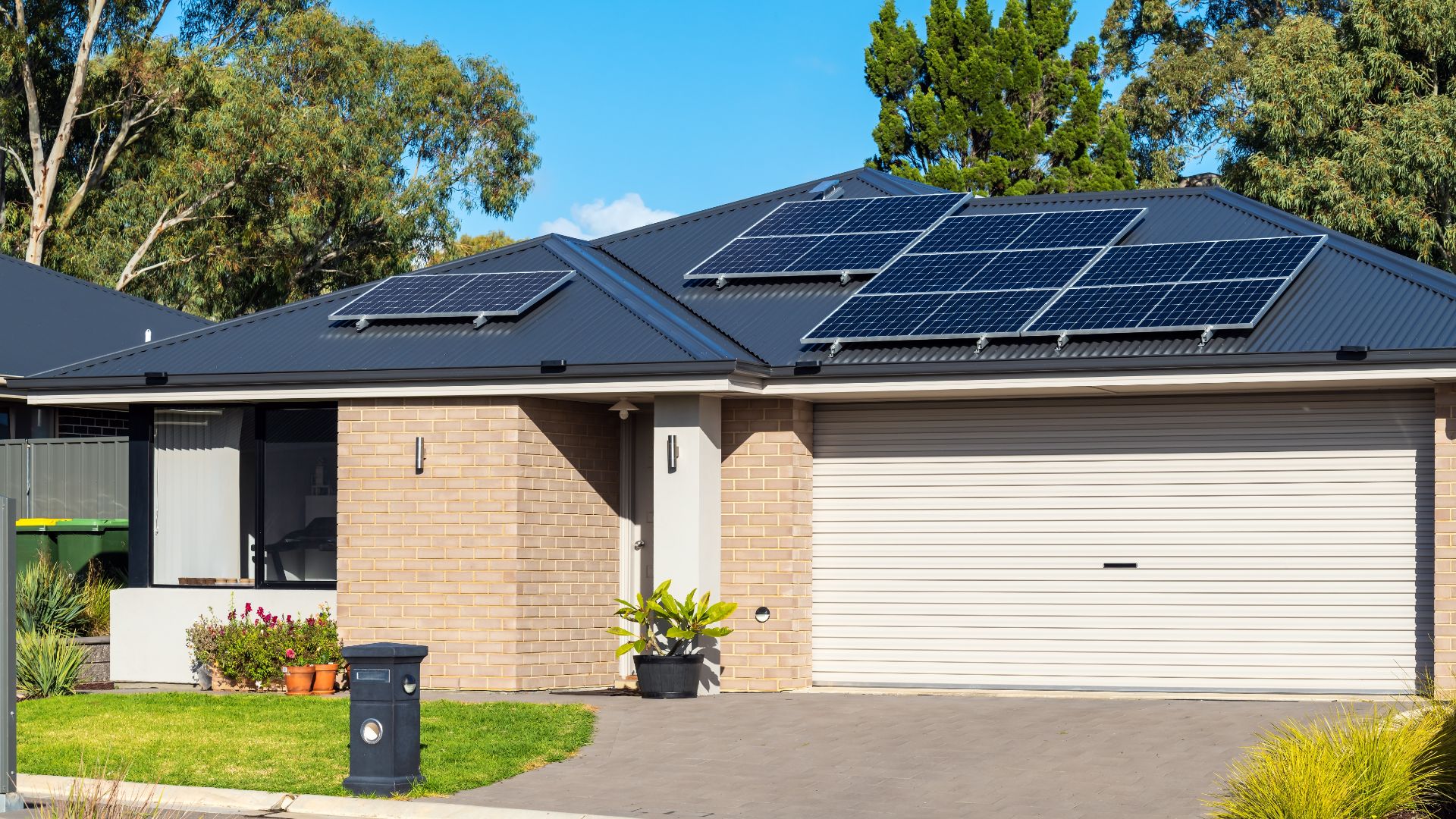Solar energy is a form of renewable energy that has gained popularity in recent years as a means of achieving sustainable development. Sustainable development refers to meeting the needs of the present without compromising the ability of future generations to meet their own needs. The adoption of solar energy in homes in the UK can play a significant role in achieving sustainable development. This article discusses the role of solar energy in sustainable development for homes in the UK.
What is solar energy?
Solar energy is a clean and renewable energy source that does not emit harmful pollutants into the environment. It is generated from the energy of the sun, which is abundant and freely available. The UK is not a particularly sunny country, but it still receives enough sunlight to make solar energy a viable option for homeowners. In recent years, the cost of solar panels has decreased significantly, making it more accessible for homeowners to install solar panels on their homes.
Advantages of solar energy:
Reduces carbon emissions
The adoption of solar energy in homes in the UK can play a significant role in achieving sustainable development. One of the main advantages of solar energy is that it can help reduce carbon emissions. Carbon emissions are one of the main contributors to climate change, which is one of the biggest threats facing our planet. By reducing carbon emissions, we can help mitigate the effects of climate change and protect the planet for future generations.
Lower electricity bills
Solar energy can also help reduce energy bills for homeowners. By generating their own electricity, homeowners can reduce their reliance on the grid and the energy companies that supply it. This can help reduce energy bills and provide homeowners with greater control over their energy use.
Creating jobs
In addition to reducing carbon emissions and energy bills, solar energy can also help create jobs and stimulate economic growth. The installation and maintenance of solar panels require skilled workers, which can create job opportunities for local communities. In addition, the production and distribution of solar panels can stimulate economic growth and support local businesses.
Energy independence
Another advantage of solar energy is that it is a decentralized form of energy production. This means that it can be generated and used locally, without the need for large power plants and transmission lines. This can help reduce the strain on the grid and reduce the risk of power outages. In addition, decentralized energy production can help increase energy security, as it reduces the reliance on foreign energy sources.
Solar energy can also help promote energy independence for homeowners. By generating their own electricity, homeowners can become less reliant on the grid and the energy companies that supply it. This can provide greater freedom and control over energy use, as homeowners can generate their own electricity and store it for later use.
The adoption of solar energy in homes in the UK can also help promote energy efficiency. Solar panels can help reduce the amount of energy needed to power homes, which can help reduce energy bills and carbon emissions. In addition, solar panels can also help regulate the temperature of homes, reducing the need for heating and cooling systems.
Challenges in solar energy
Despite the many advantages of solar energy, there are also some challenges that need to be addressed. One of the main challenges is the cost of solar panels. Although the cost of solar panels has decreased significantly in recent years, it can still be expensive for some homeowners to install solar panels on their homes. In addition, there are still some technical challenges that need to be addressed, such as the need for storage solutions to ensure a constant supply of energy.
Another challenge is the issue of intermittency. Solar energy is generated only during daylight hours, which means that it may not be available when it is needed the most. This can be addressed by using storage solutions, such as batteries, to store excess energy generated during daylight hours for later use.
Conclusion
In conclusion, the adoption of solar energy in homes in the UK can play a significant role in achieving sustainable development. Solar energy can help reduce carbon emissions, reduce energy bills, create jobs and stimulate economic growth, promote energy independence and efficiency, and increase energy security.








